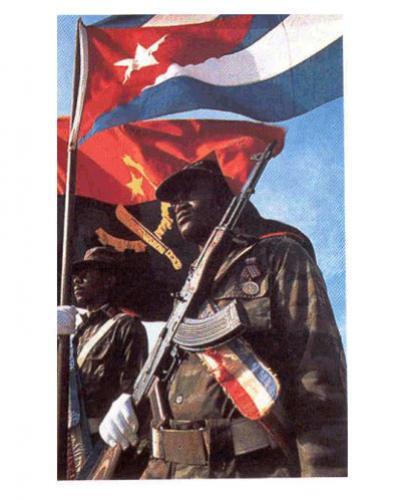
On 25 April 1974, the Carnation Revolution took place in Portugal, ending one of the oldest dictatorships in Europe and accelerating the independence in the Portuguese colonies in Africa, one of them in Angola, where a liberation war had erupted back in 1961. ... More
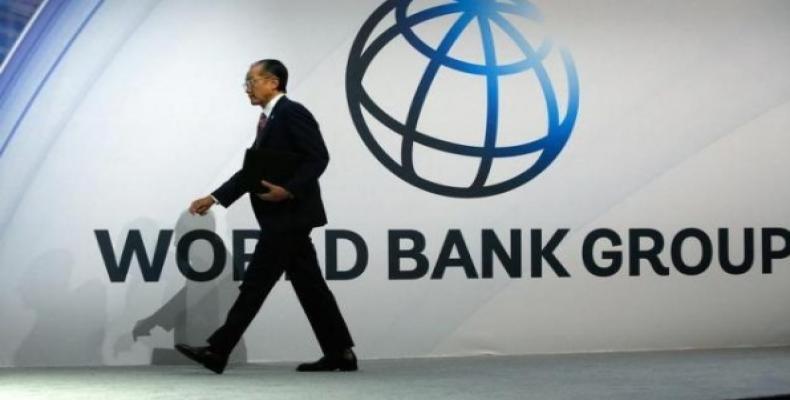
In any discussion of sovereign debt one must look for a moment at the question of why countries borrow from foreign agencies and entities in the first place.... More
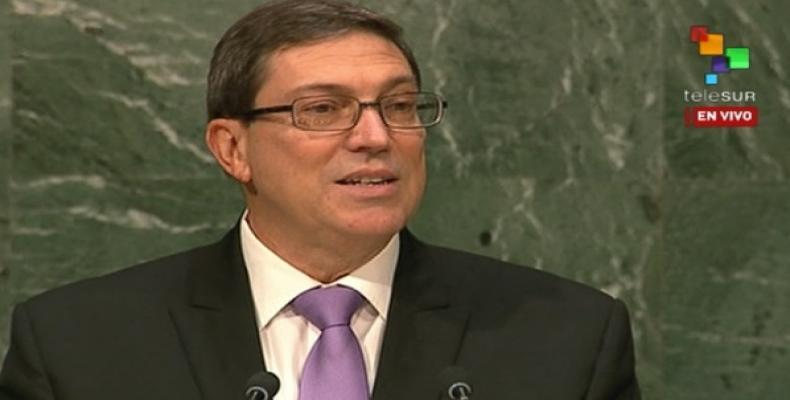
STATEMENT BY CUBAN FOREIGN MINISTER BRUNO RODRÍGUEZ ON THE AGENDA ITEM 42 ENTITLED “NECESSITY OF ENDING THE ECONOMIC, COMMERCIAL AND FINANCIAL EMBARGO IMPOSED BY THE UNITED STATES OF AMERICA AGAINST CUBA” AT THE SEVENTIETH PERIOD OF SESSION OF THE UNITED NATIONS GENERAL ASSEMBLY. NEW YORK, OCTOBER 27, 2015... More
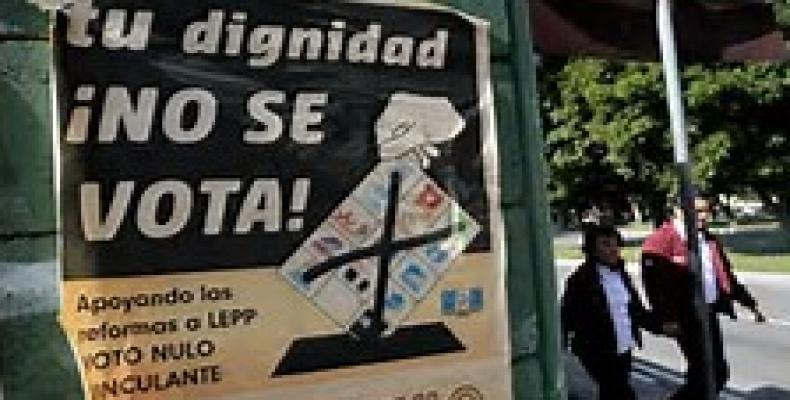
Supreme Electoral Tribunal in Guatemala called for general elections officially on May 2, 2015. Ahead of the election, the La Linea corruption case involving high-ranking officials of the outgoing administration, including President Otto Pérez Molina and Vice President Roxana Baldetti, was made public.... More

There's a lot of talk these days about global poverty. The UN had its big summit in New York a couple weeks ago to discuss the new sustainable development goals for the year 2030. The IMF and World Bank met at Lima, and the main agenda was global poverty.... More
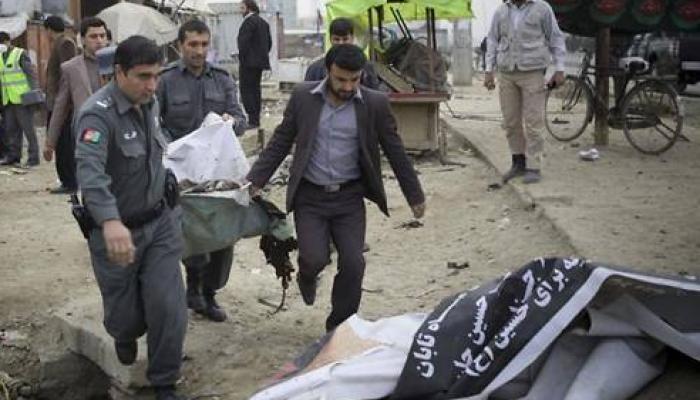
After months of discussions with Afghan President Ashraf Ghani, President Obama has announced his plans to keep U.S. troops in Afghanistan but reduce them from the current 9,800 to 5,500 before he leaves office in early 2017, essentially abandoning the commitment he made early in his presidency and during the 2008 campaign to bring the war in Afghanistan to an end. Obama cites the deterioration of security and weakness of Afghan forces as the reason for keeping the troops in Afghanistan. Here is what he had to say.... More
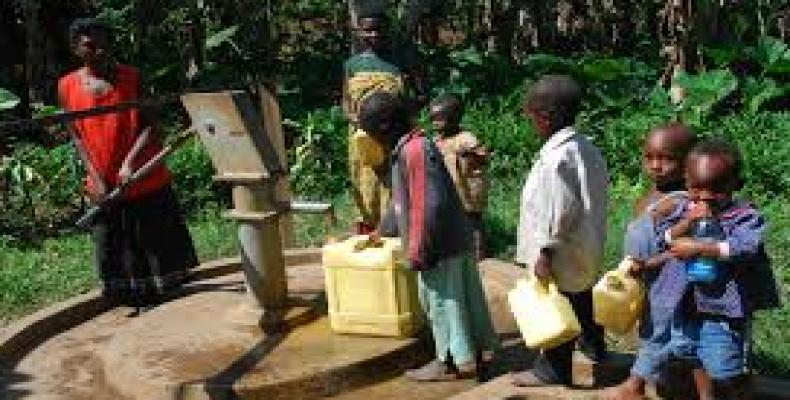
According to the UN, 40% of the 783 million people living in sub-Saharan Africa are without access to an improved source of drinking water. To address this staggering figure, 15 years ago in 2000 leaders from 189 countries signed on to the Millennium Development Goals, which was a set of eight poverty-busting goals designed to significantly reduce global poverty and disease by 2015. Well, now we're in 2015. Has the foreign aid community came close to meeting those targets. More specifically, did the leaders who signed on to the Millennium Development Goals come close to meeting their goal for targeting water and sanitation needs in sub-Saharan Africa?... More

The first US Democratic presidential debate has reminded us that America’s “culture of violence” controls Washington’s policies and prompts U.S. leaders to wage wars to gain more power, an American writer and activist says.... More
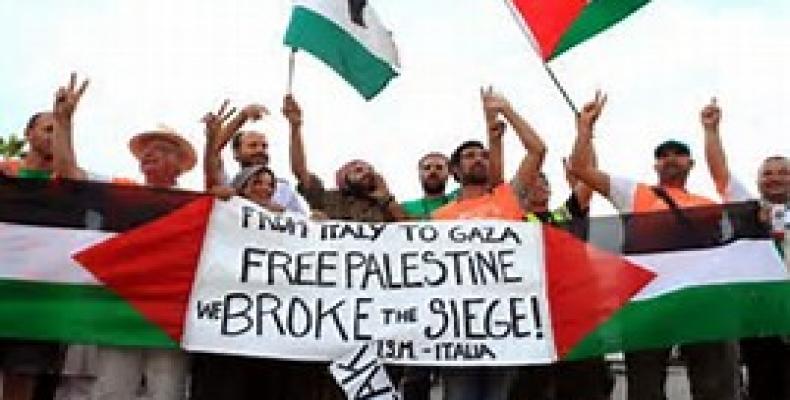
The renewed surge of violence between Israelis and Palestinians is reaching a boiling point. On October 7 a video was captured during clashes between Ramallah and the Beit El settlement. It shows Israeli undercover officers shooting an unarmed Palestinian youth in the leg at point-blank range, while other undercover officers hold him down. Incredibly, now Jerusalem's mayor is urging Israelis to carry firearms at all times.... More
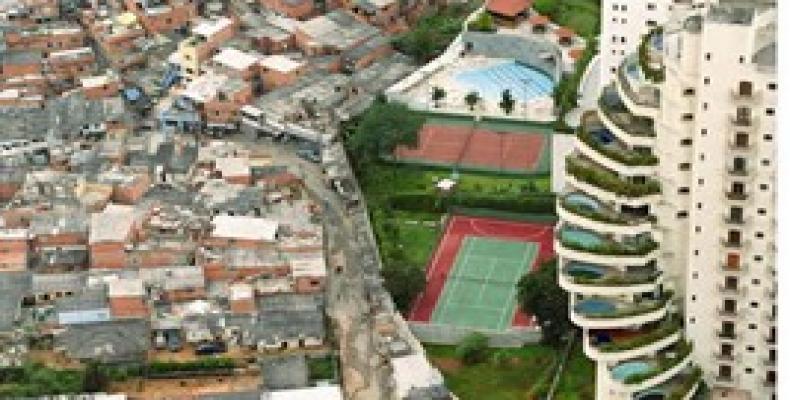
It is too early to say that the impeachment of the country’s first female president is a certainty. Although this outcome has become a little more likely after the analysis by the federal court of Brazil of the financial reports relating to 2014, the end of her first term in office, for many Brazilians thankfully it is not enough of a reason to oust a democratically elected president.... More

Syria is mostly destroyed as a country. There are 22 million Syrians and 4 million of them are refugees outside the country, and 7 million are displaced within the country. If you take Khobani for example, the town that the Islamic State tried to capture, after a siege of four and a half months, about 70 percent of the town is destroyed. Just enormous heaps of pulverized concrete everywhere. Or again take the town of Hasaka. 90 percent of the population has fled. It's empty, with the shops boarded up in an atmosphere of terror.... More
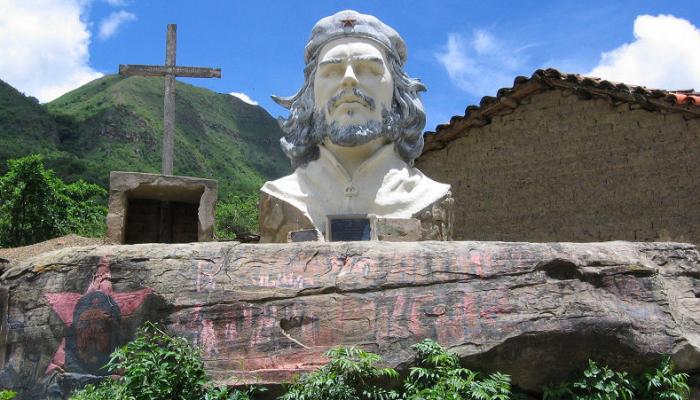
FrancoBrazilian author Michael Löwy, wrote in his book The Marxism of Che Guevara: "Che was not only a heroic fighter, but a revolutionary thinker, with a political and moral project and a system of ideas and values for which he fought and gave his life. The philosophy which gave his political and ideological choices their coherence, colour, and taste was a deep revolutionary humanism.... More
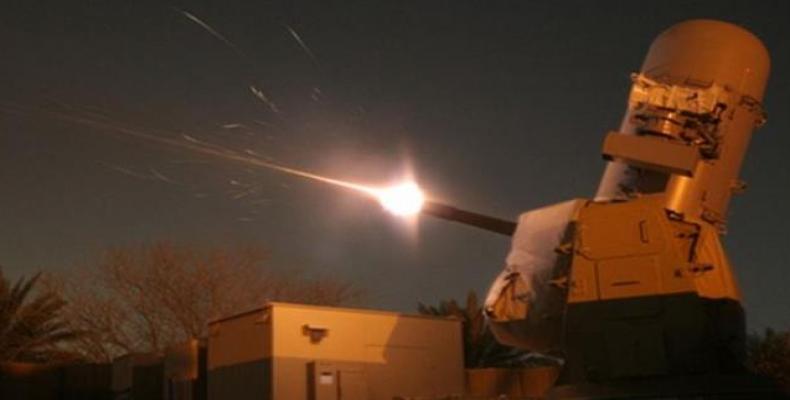
The use of military force is essentially destructive. Weapons of war are designed to kill people and smash things. All nations claim to build and buy them only to defend themselves and their people against the aggression of others. The notion that the use of military force can ever be a force for good may, at best, apply to a few exceptional situations where a limited but decisive use of force has put an end to an existing conflict and led to a restoration of peace. The more usual result of the use or escalation of force is to cause greater death and destruction, to fuel resistance and to cause more widespread instability. This is what has happened wherever the U.S. has used force since 2001, including in its proxy and covert operations in Syria and Ukraine.... More
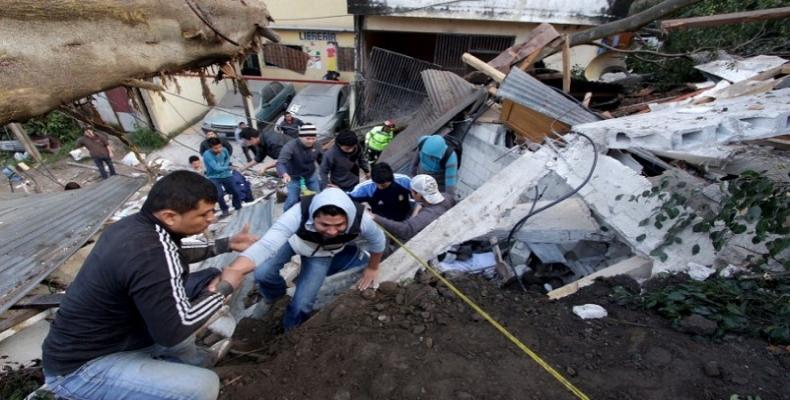
An avalanche of mud has buried over 120 family huts on the outskirts of Guatemala City, an event that could become one of the worst tragedies in that Central American nation, where tens of thousands of people are forced to live in misery in high risk areas lacking all basic services.... More

Every political class considers themselves inclusive, diverse, open-minded. But present ideas outside the perimeters of sanctioned debate, imposed by power and a patrolling press, and watch how quickly they start bullying.... More
More Views
- Tucker Carlson reveals former CIA director Mike Pompeo plotted to assassinate Julian Assange
- Following U.S. lead, student protests proliferate in Canada, France, Mexico, Australia and other countries around the world
- Panama: The polls were not wrong
- Gaza Media Office says Israel fully responsible for crimes against Palestinian journalists
- Gaza reconstruction could take 80 years; damage unseen since World War II

